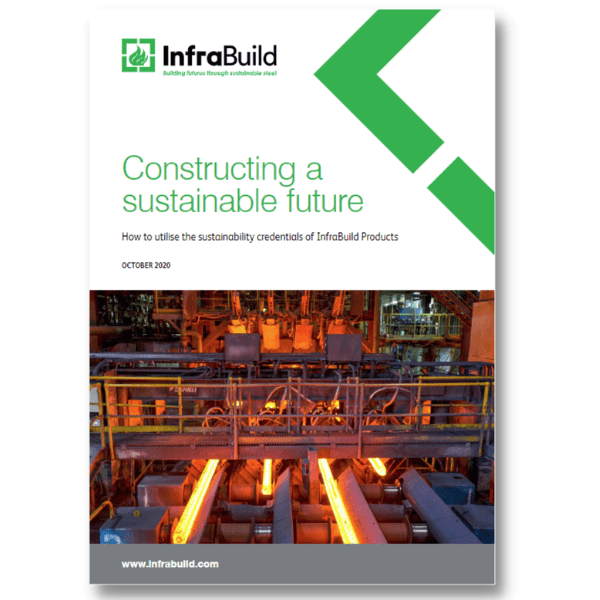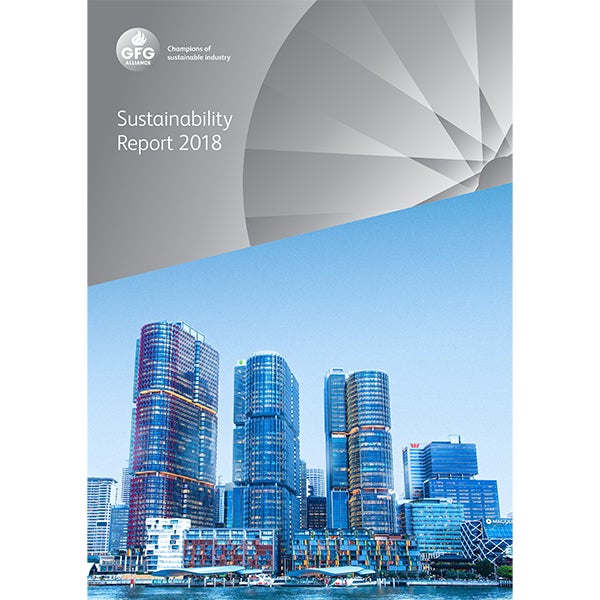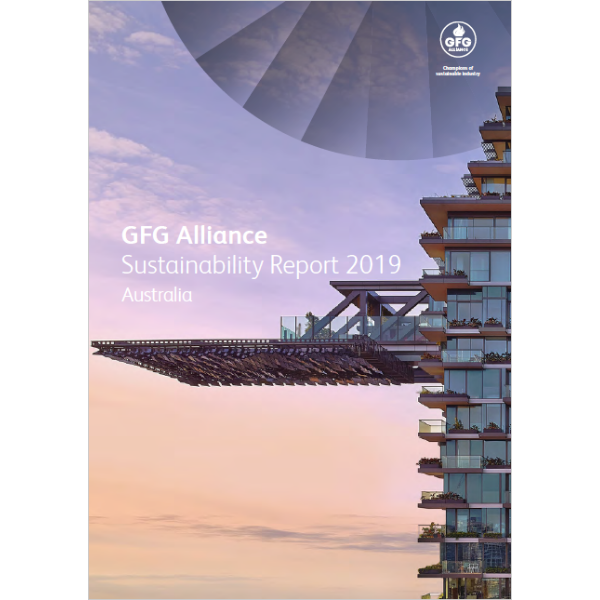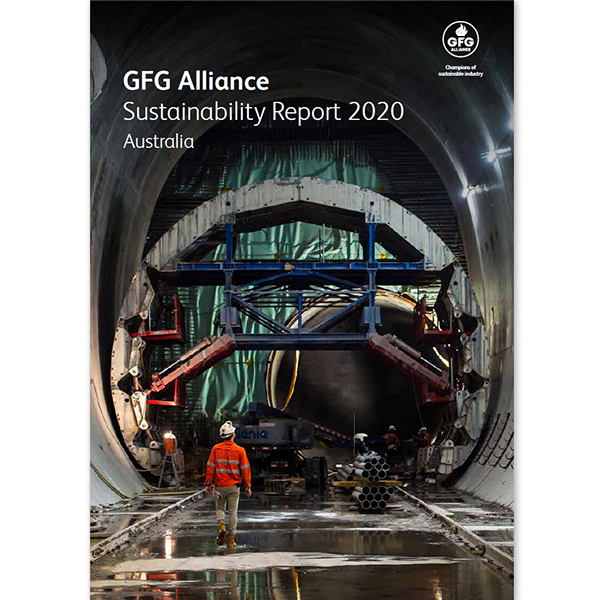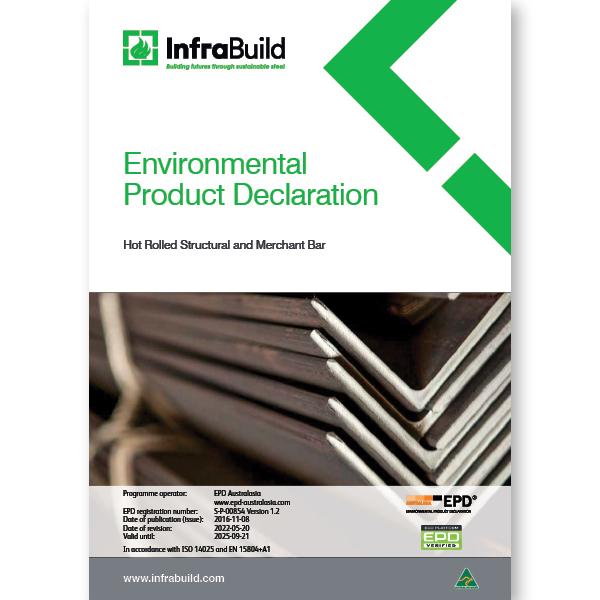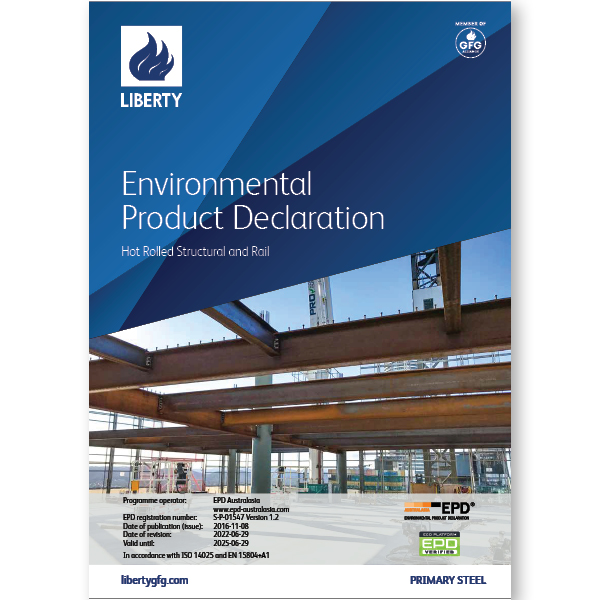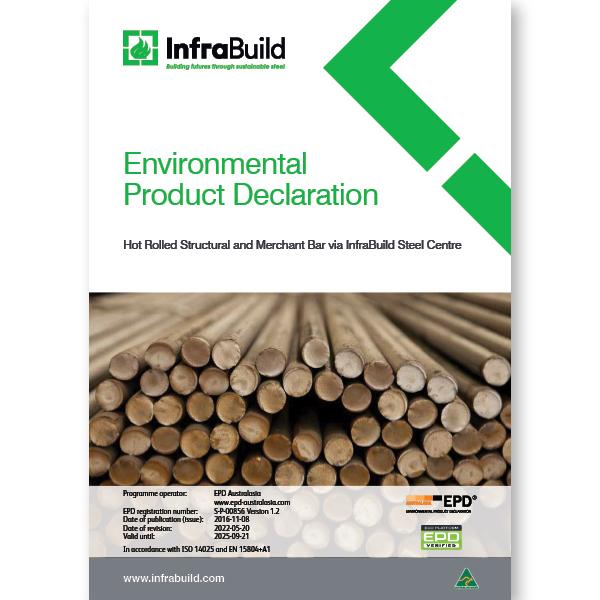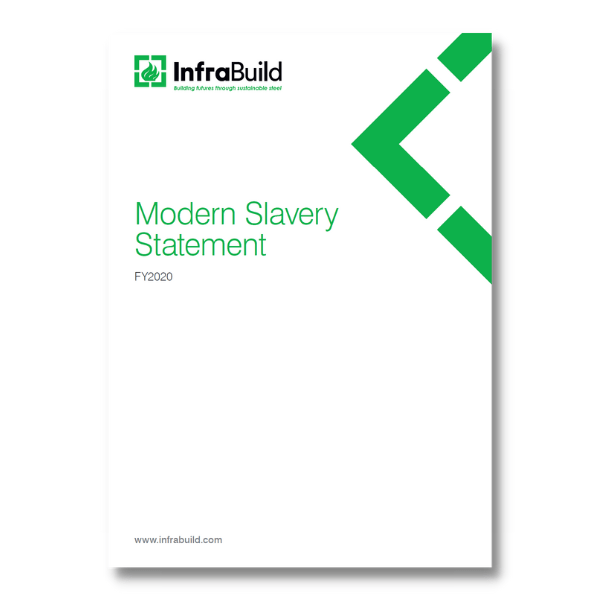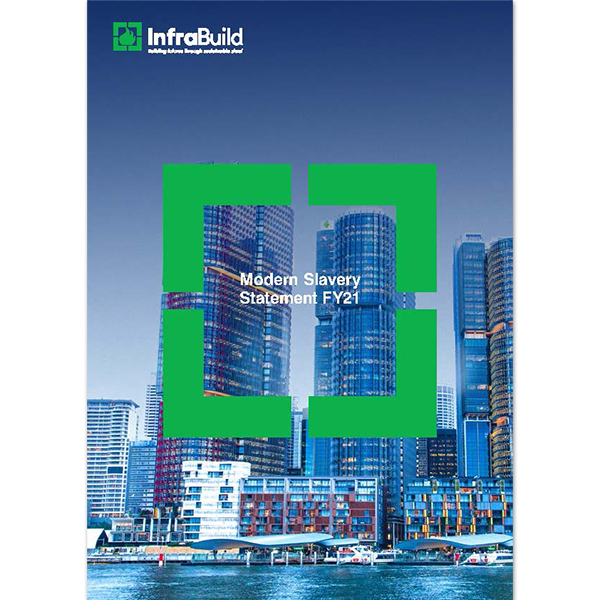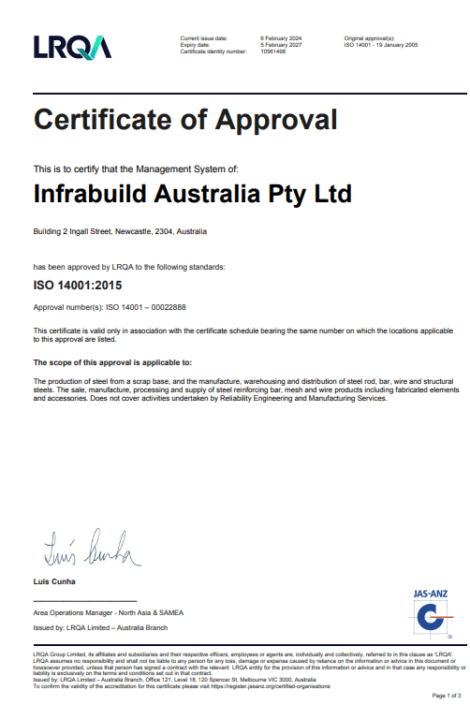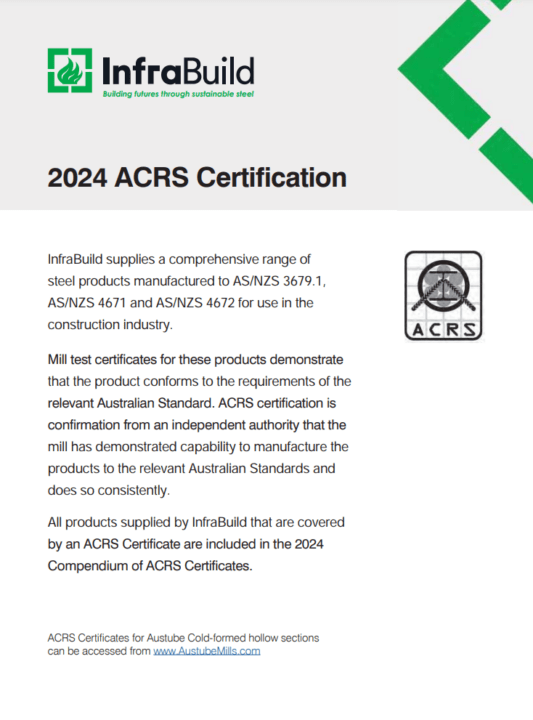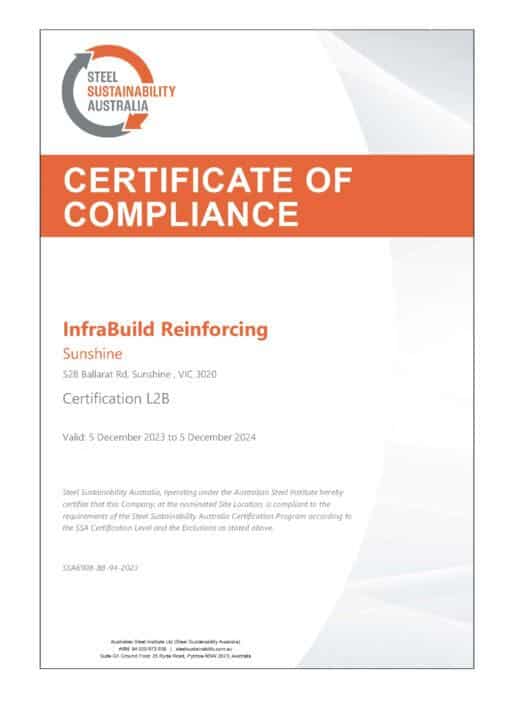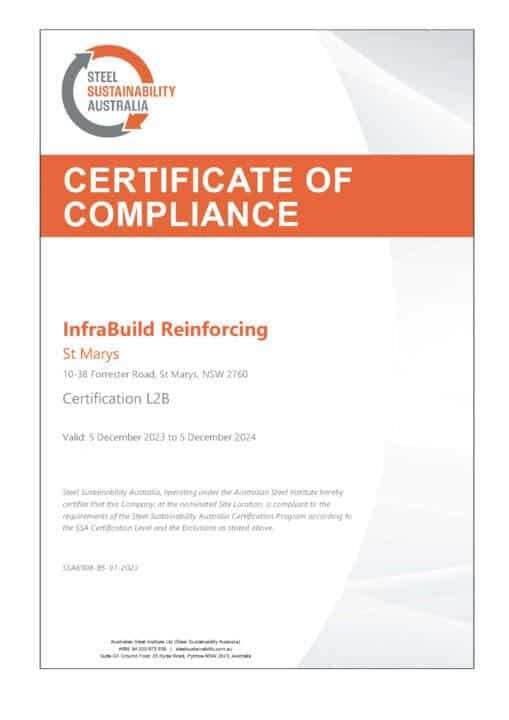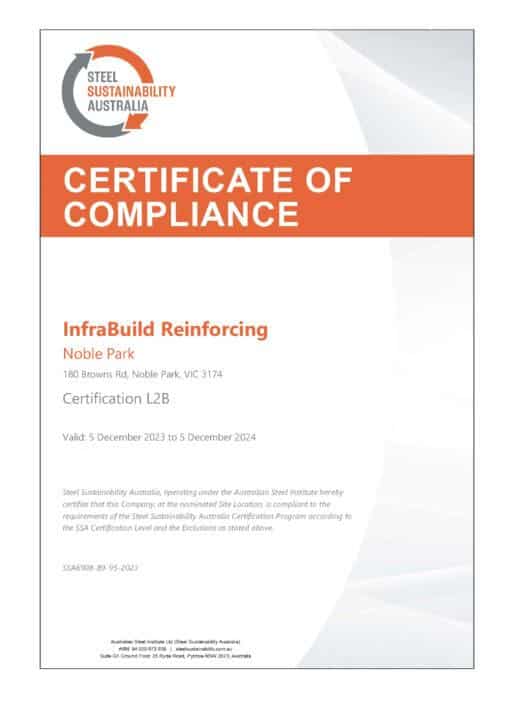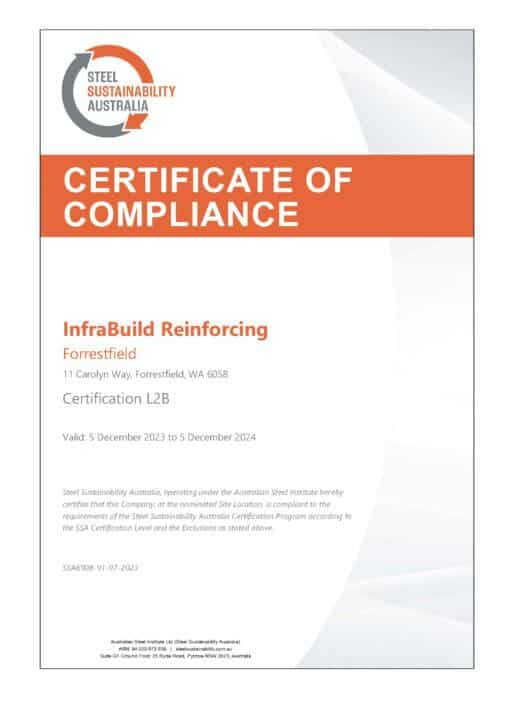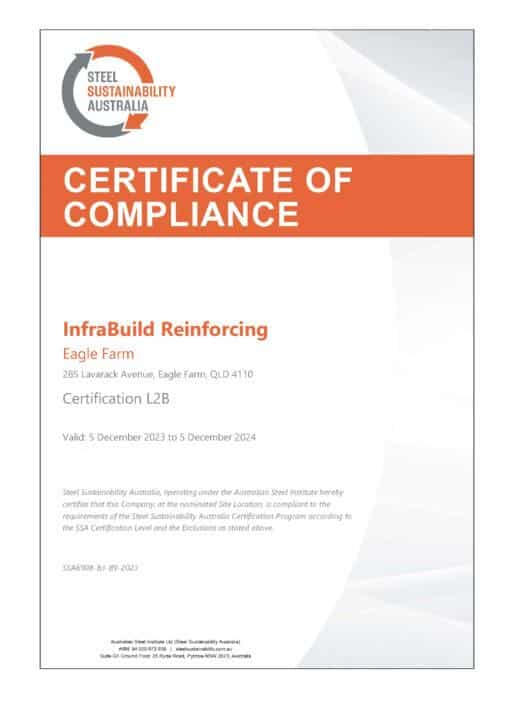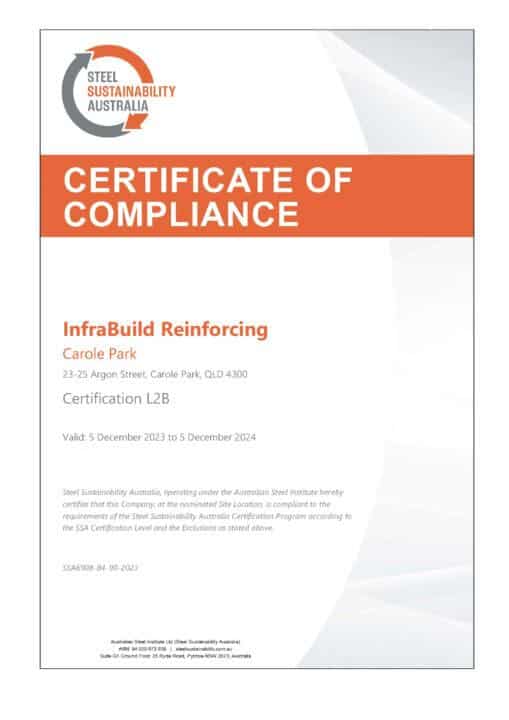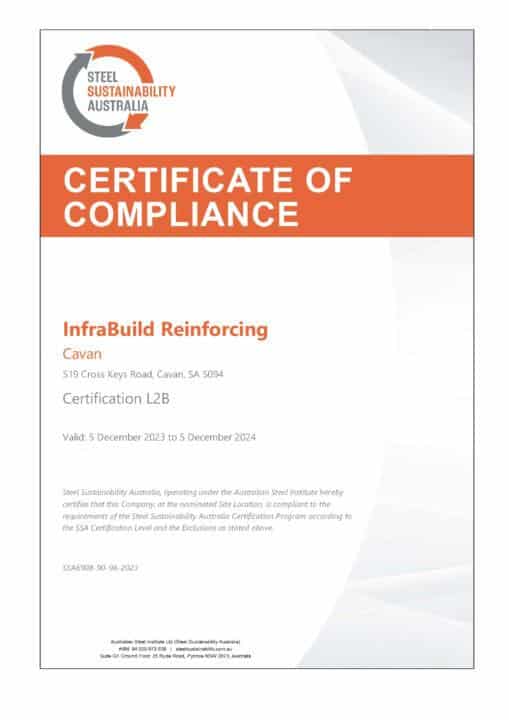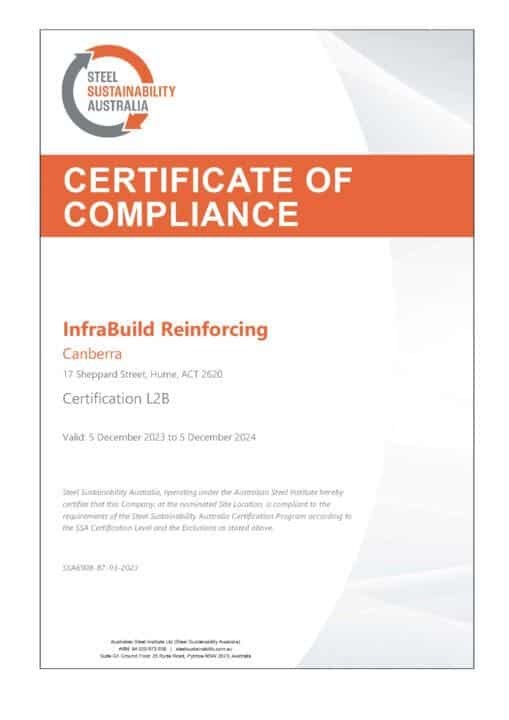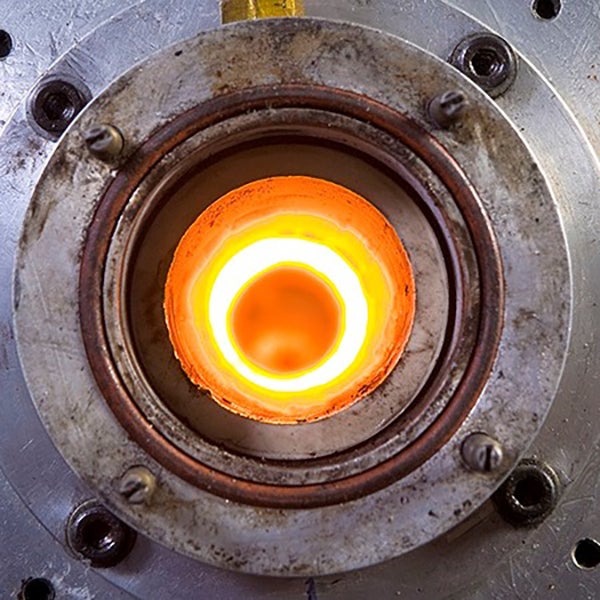
Driving the future: Polymer Injection Technology
InfraBuild (formerly LIBERTY OneSteel) is shaking up the global construction industry and redefining steel as a green building material, all thanks to old car tyres.
With the development of its world-first Polymer Injection Technology (PIT), InfraBuild is preventing millions of old car tyres ending up in landfill while reducing the economic and environmental costs of steel manufacturing. Importantly, PIT doesn’t have any adverse effects on steel quality and it improves the environmental sustainability of the steelmaking process. For builders, engineers and architects, this means they can take advantage of steel’s strength and flexibility while boosting their environmental credentials. In fact, using PIT will earn one Green Star point if using reinforcing steel in buildings.
Savings of 15–35 per cent on total carbon injectant costs makes the technology attractive for fabricators, distributors and developers, who can expect improvements in yield and productivity, inject oxygen consumption, refractory and electrode consumption and injection system wear.
How it works
PIT was developed in collaboration with the University of New South Wales (UNSW) as part of InfraBuild’s commitment to innovation and thought leadership. It uses recycled polymers (particularly old car tyres and high-density polyethylene plastic) as alternate carbon injectants to produce the foaming slag required for the electric arc furnace (EAF) steelmaking process.
Conventionally, non-renewable coke or anthracite is used to produce the slag that acts as a blanket over the molten steel during the steelmaking process. This practice has faced criticism for its energy consumption, but PIT boosts the volume and foaming properties of the slag, which improves electrical energy efficiency by 3 per cent – a figure not to be sneezed at considering electricity costs can represent more than 20 per cent of the per-tonne cost of steel.
PIT has been shown to perform better than metallurgical coke alone in EAF and can reduce the total amount of inject carbon required per heat by 10–20 per cent, while decreasing heat loss through the slag and sidewalls. Ultimately, the technology delivers cost savings through reduced energy consumption, cheaper injectables and lower greenhouse gas emissions.
The bottom line
InfraBuild’s PIT makes steel a more affordable and environmentally friendly building material. It not only diverts millions of tyres from landfill, it slashes greenhouse gas emissions at the world’s 300 EAF steelmaking plants, which account for 25 per cent of crude-steel output globally.
For further details on InfraBuild’s Polymer Injection Technology contact:
steelmakingsolutions@infrabuild.com:
+61 (02) 9675 9959
Read more about Polymer Injection Technology in a recent article on the development of the technology.
Please contact us for any feedback or media enquiries about this content.
Related Resources
Latest Resources
Subscribe to the
InfraBuild newsletter
Receive regular updates on news, case studies as well as the latest products and services.

